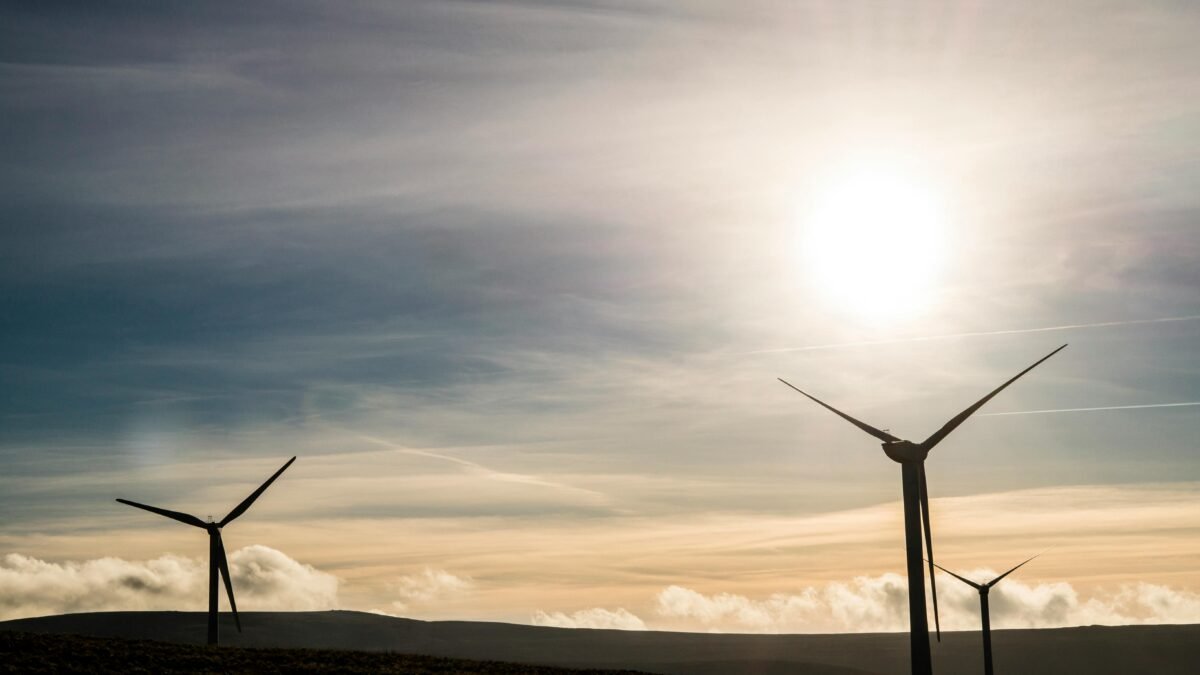What Is Solar Energy?
Solar energy is the radiant energy emitted by the sun, harnessed and converted into usable forms for various applications. It is a renewable and sustainable energy source that has gained significant attention due to its environmental benefits and potential to reduce reliance on fossil fuels.
How Does Solar Energy Work?
- Photovoltaic (PV) Cells:
- Solar panels, also known as photovoltaic (PV) cells, are the primary technology used to capture solar energy.
- These cells contain semiconductor materials (usually silicon) that absorb sunlight and generate direct current (DC) electricity.
- When sunlight strikes the PV cells, electrons are excited, creating an electric current.
- Inverters:
- The DC electricity produced by solar panels is converted into alternating current (AC) using inverters.
- AC is the standard form of electricity used in homes and businesses.
- Grid Connection:
- Solar systems can be connected to the grid or operate independently (off-grid).
- Grid-connected systems allow excess energy to be fed back into the grid, earning credits or reducing electricity bills.
Benefits of Using Solar Energy
- Clean and Renewable:
- Solar energy is abundant and inexhaustible, unlike fossil fuels.
- It produces no greenhouse gas emissions during operation, contributing to a cleaner environment.
- Reduced Electricity Bills:
- Installing solar panels can significantly reduce electricity bills over time.
- Excess energy generated can be sold back to the grid.
- Low Operating Costs:
- Once installed, solar systems have minimal operating costs.
- Maintenance involves occasional cleaning and checking for any issues.
- Energy Independence:
- Solar energy allows individuals and communities to become less dependent on external energy sources.
- It provides energy security, especially in remote areas.
- Job Creation:
- The solar industry creates jobs in manufacturing, installation, and maintenance.
- It contributes to economic growth and employment opportunities.
Current State of Solar Energy Usage Globally
- Increasing Adoption:
- Solar energy capacity has grown rapidly worldwide.
- Countries like China, the United States, and India lead in solar installations.
- Falling Costs:
- Technological advancements and economies of scale have reduced solar panel costs.
- Solar energy is becoming more affordable for residential and commercial users.
- Government Incentives:
- Many governments offer incentives, tax credits, and subsidies to promote solar adoption.
- These policies encourage investment in solar infrastructure.
- Challenges:
- Solar energy storage remains a challenge for consistent power supply.
- Intermittent sunlight and weather conditions affect energy production.
In conclusion, solar energy represents a promising solution to our energy needs. As technology continues to improve, solar power will play an increasingly vital role in our transition toward a sustainable and greener future.
Remember, every ray of sunlight holds immense potential to power our world! 🌞🔆
I’ve provided a concise overview of solar energy, emphasizing its benefits and global trends. If you’d like more detailed information or have additional questions, feel free to ask! 😊




